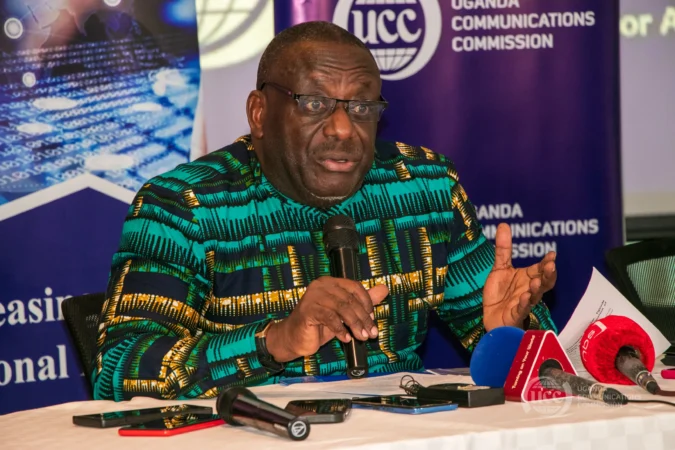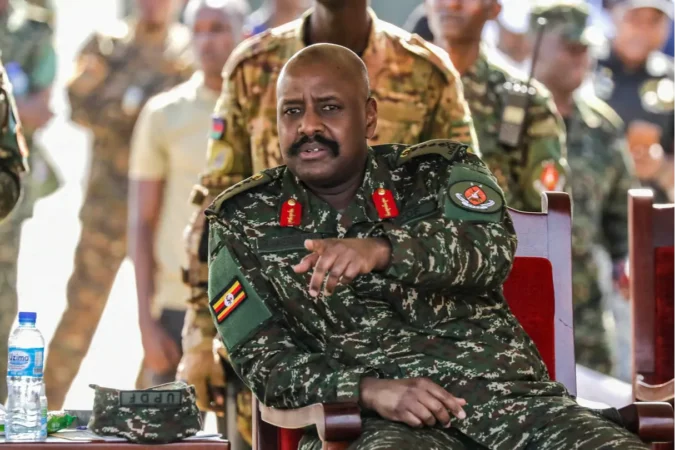NAIROBI, Kenya — In a significant diplomatic victory, Kenya has played a pivotal role in a unanimous agreement among all 193 United Nations Member States to establish two landmark institutions for governing artificial intelligence (AI).
Representing the Group of 77 (G77) and China, Kenya led negotiations for the creation of an Independent Scientific Panel on AI and a Global Dialogue on AI Governance. Both bodies are designed to guide international efforts in navigating the opportunities and risks posed by AI.
These new institutions aim to address growing concerns that AI could disrupt economies, worsen inequalities, and undermine democratic processes, while also unlocking innovation and progress.
The G77 is a coalition of developing countries, currently comprising 134 member states, that was established in 1964 to promote their collective economic interests.
This historic decision follows six months of intense negotiations at UN Headquarters in New York, culminating in a rare consensus at a time when debates over AI’s risks and opportunities dominate global policy.
UN Secretary-General António Guterres welcomed the outcome as “a significant step forward,” noting that Kenya’s contributions helped achieve this rare unanimity on an issue at the intersection of technology, ethics, and geopolitics.
Two mutually reinforcing institutions
The Independent Scientific Panel on AI will function as a neutral, evidence-based body that synthesizes global research on AI’s opportunities, risks, and impacts. Modeled in part on the Intergovernmental Panel on Climate Change (IPCC), it is expected to provide governments and international organizations with authoritative assessments to guide policymaking.
The Global Dialogue on AI Governance will serve as a multi-stakeholder platform, bringing together governments, industry leaders, academia, civil society, and the UN system. Its purpose will be to strengthen international cooperation, build trust, and explore shared principles for governing AI in a safe, inclusive, and sustainable manner.
Ambassador Philip Thigo, Kenya’s Special Envoy on Technology and a member of the UN Secretary-General’s High-Level Advisory Body on AI, which originally proposed the institutions, hailed the landmark deal, describing the experience as “enriching and challenging.”
“This consensus shows that even in a divided world, we can come together to shape AI for the common good — guided by science, grounded in cooperation, and inclusive of all nations,” said Ambassador Thigo.
Thigo emphasized the significance of Kenya’s role in bridging the gap between developed and developing countries. “The challenge was balancing ambition with inclusion — ensuring that the Global South is not a spectator in the AI revolution, but a key architect of its governance.”
Also Read: MCK adopts new media code of conduct, introduces AI and ethics guidelines
Ambassador Thigo also paid tribute to Tony Oweke of Kenya’s UN Mission in New York, who led Kenya’s delegation, for his “outstanding leadership in steering negotiations to consensus.” Oweke, who served as the G77’s lead negotiator, described the process as “science guiding dialogue, and dialogue amplifying evidence into cooperation.”
A statement from the Kenyan delegation said, “The agreement reflects a growing recognition that AI governance must be inclusive. Kenya’s leadership has reinforced the Global South’s role in shaping emerging technologies and international digital policy.”
The UN will now begin the process of setting up the two institutions, with operational plans, membership frameworks, and funding models expected to take shape in the coming months. The first outputs from the Scientific Panel are anticipated by 2027, and the Global Dialogue platform could be active as soon as 2026.







